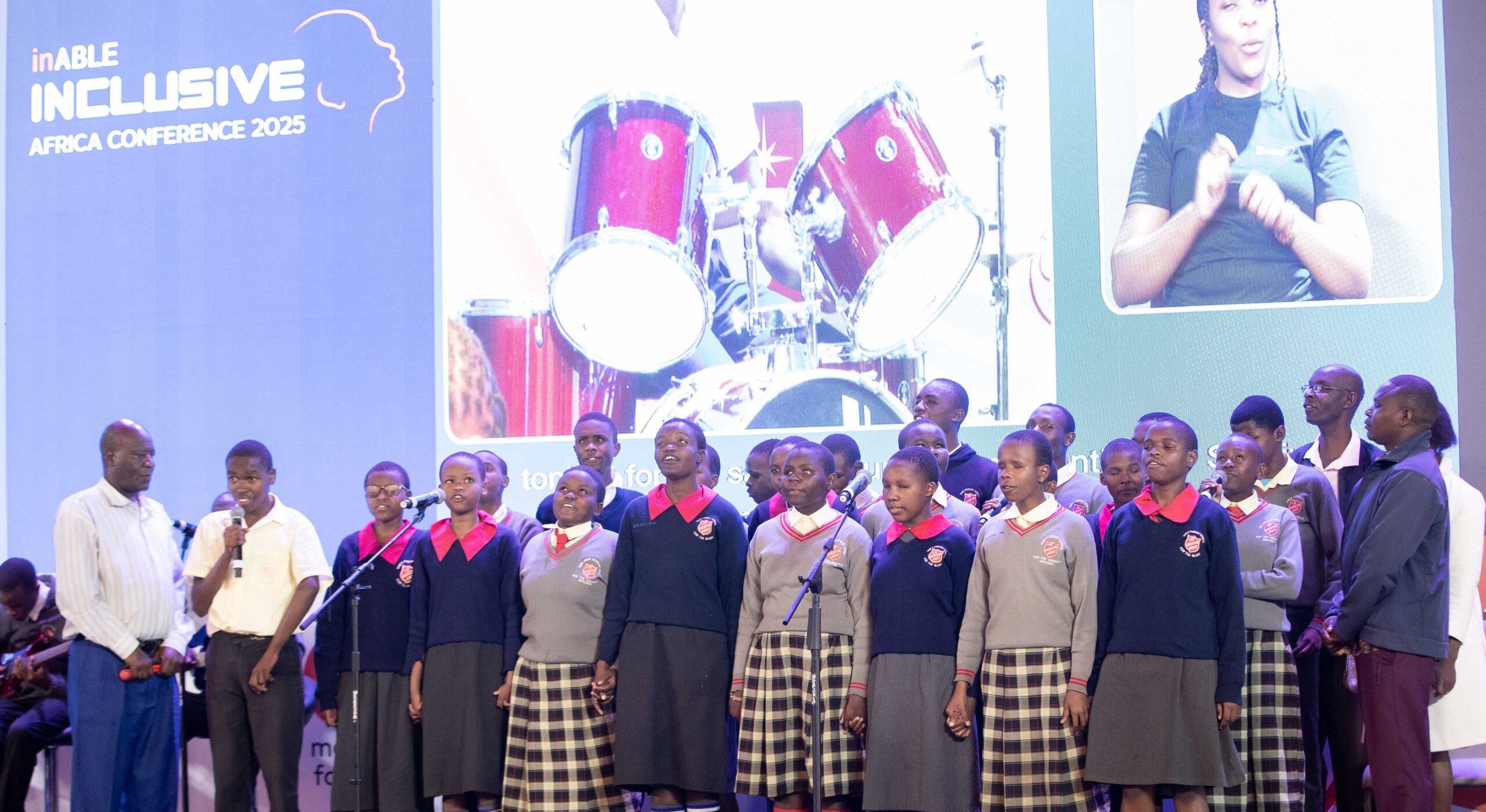
A section of participants makes their presentation during the official opening of the 6th Inclusive Africa Conference held in Nairobi on 3 June, 2025. Photo/Newsflash
By Wanderi Kamau
June 3, 2025, Nairobi, Kenya — The Kenyan government has announced bold plans to make all digital government services fully accessible to persons with disabilities, reinforcing its commitment to inclusive digital transformation.
The announcement was made by ICT Cabinet Secretary, William Kabogo, during the official opening of the 6th Inclusive Africa Conference held in Nairobi.
Kabogo revealed that more than 33,000 government services already digitized on the eCitizen platform will be enhanced to meet accessibility standards.
The Ministry will work with global technology companies, local innovators, and organizations representing persons with disabilities to ensure that the digital platforms are inclusive and usable by all.
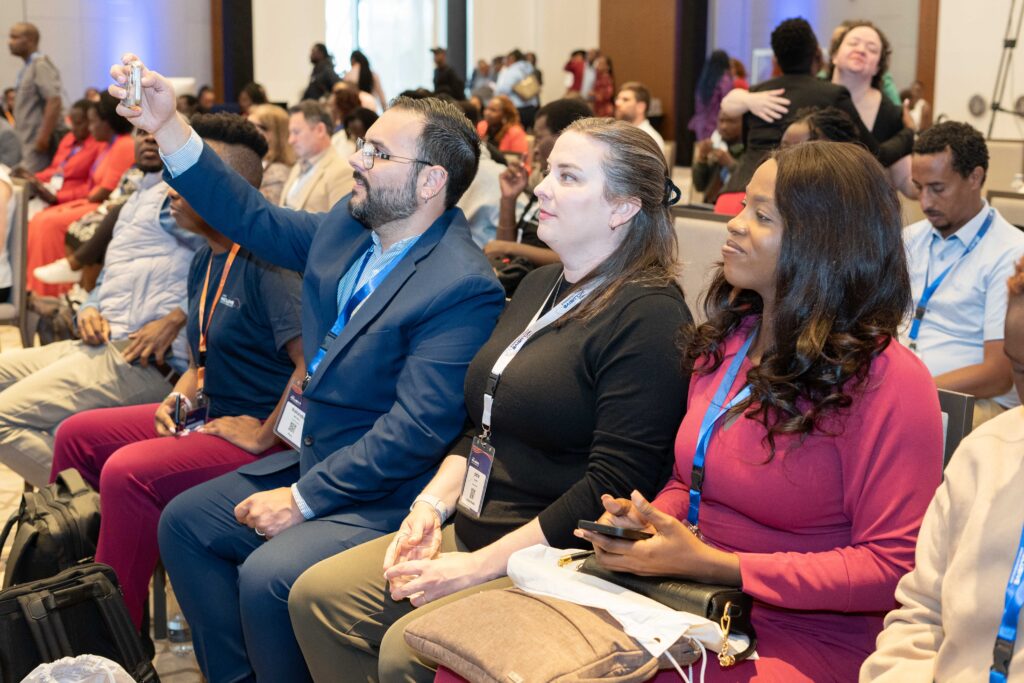
“We are determined to equip at least 20 million Kenyans with digital literacy skills by 2027, including individuals who are blind, deaf, or living with mobility, cognitive, or learning disabilities,” said Kabogo. “Digital accessibility is not a luxury; it is a right and an essential pillar of our national development,” he added.
Read more: “Despite the barriers”: The Nigerian journalists trying to change an ableist media landscape
At the heart of this initiative is the implementation of Kenya’sAccessibility Standard for Digital Products, which is reshaping how both public and private sector organizations develop digital services.
The standard aims to eliminate design barriers and ensure that people with diverse abilities can navigate and benefit from online platforms with ease.
Towards a more inclusive digital future
Joseph Motari, the Principal Secretary of the State Department for Social Services and Senior Citizen Affairs, emphasized that the government is prioritizing the closing of infrastructure and technology gaps.
“Our priority is not only to bridge the remaining gaps in both physical and digital infrastructure,” Motari said, “but also to leverage emerging technologies and cutting-edge assistive innovations. Through these efforts, we aim to empower persons with disabilities in Kenya to lead independent, productive, and dignified lives.”
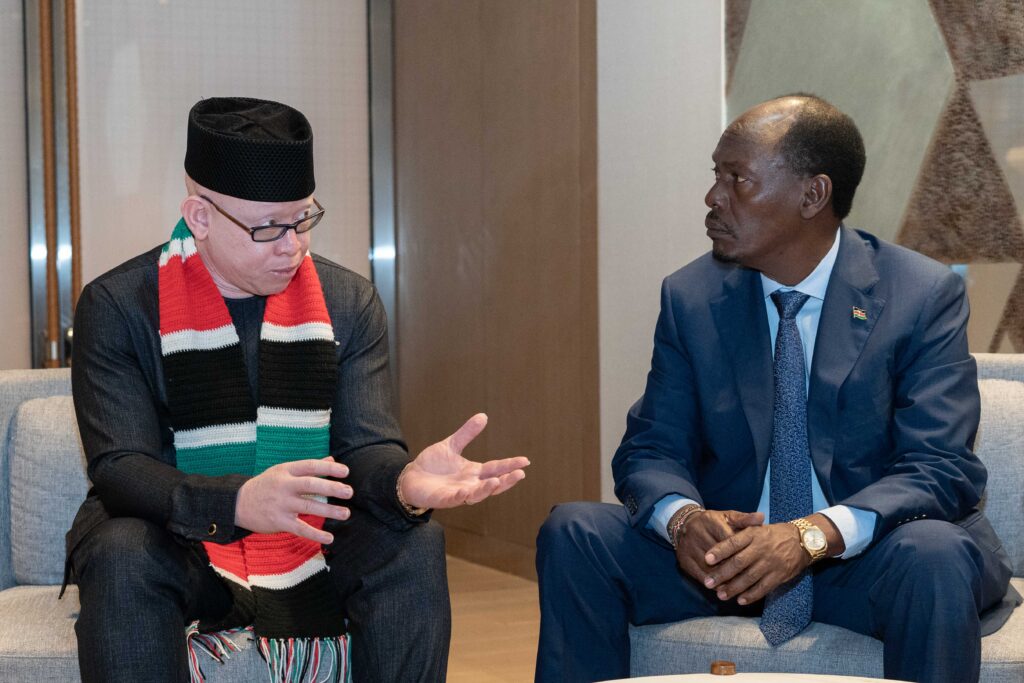
Kenya’s 2010 Constitution guarantees the rights of persons with disabilities, including access to employment and public procurement opportunities. Government Spokesperson Isaac Mwaura, reaffirmed Kenya’s position as one of Africa’s most progressive nations in upholding these rights. To further support inclusion, he announced that his office will soon launch an Inclusive Communications Program to ensure that all government communication is accessible to people with various forms of disability.
“We are committed to a Kenya where no one is left behind, where every citizen—regardless of ability—can fully participate in nation-building,” Mwaura said.
The call for inclusive design was echoed by Irene Mbari-Kirika, Founder and Executive Director of inABLE, the organization behind the Inclusive Africa Conference.
She urged developers and companies to embed accessibility from the earliest stages of product development, stating that accessibility is not a “one-time fix” but a continuous, evolving process. “Digital inclusion must be part of every innovation,” she said. “It is a moral imperative and a smart design choice.”
Representing the private sector, Dina Randrianasolo, Director of Strategic Partnerships & Innovation at the Mastercard Foundation, stressed the economic and social importance of digital inclusion. “More than 135 million people across Africa require assistive technologies, yet only 3% have access,” she noted. “We must urgently scale our efforts to make education, employment, and services accessible to all.”
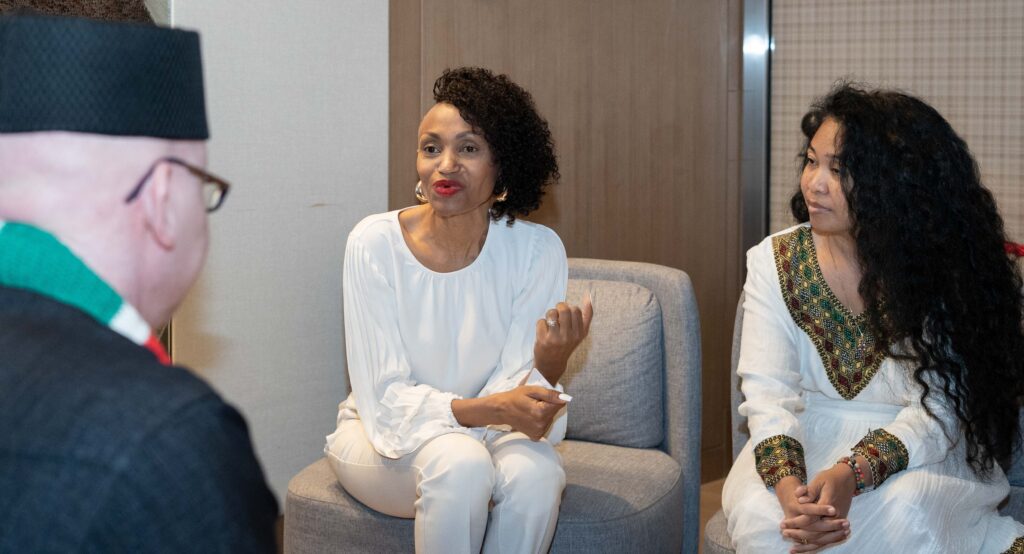
InABLE Founder and Executive Director, Irene Mbari-Kirika (centre) and Mastercard Foundation’s Director of Strategic Partnerships & Innovation Dina Randrianasolo (right) chat with Gov’t Spokesperson Isaac Mwaura (left). Photo/Newsflash
The 3-day Inclusive Africa Conference brings together government leaders, technology companies, educators, innovators, and disability rights advocates to chart a path forward. Discussions at the event focus on improving access in key areas such as education, employment, transportation, financial services, and communication.
A significant objective of the conference is the development of a joint roadmap to guide the implementation of the Persons with Disabilities Act 2025, placing digital inclusion at the center of policy and service delivery.

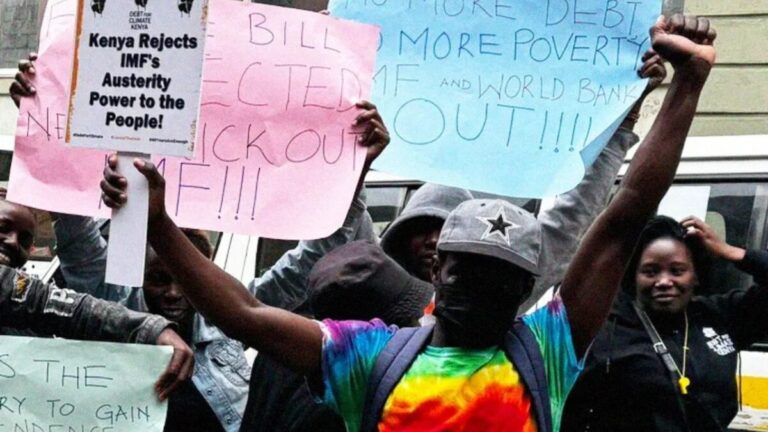
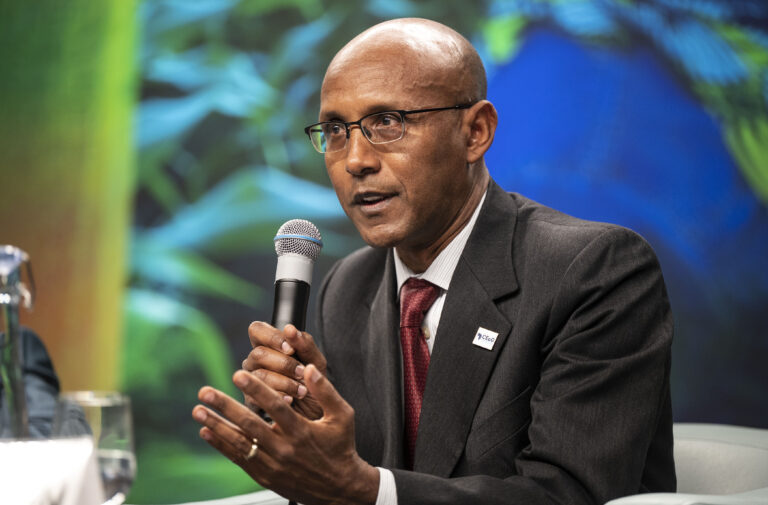

2 thoughts on “Kenya to make all online gov’t services accessible for PWDs”
Comments are closed.